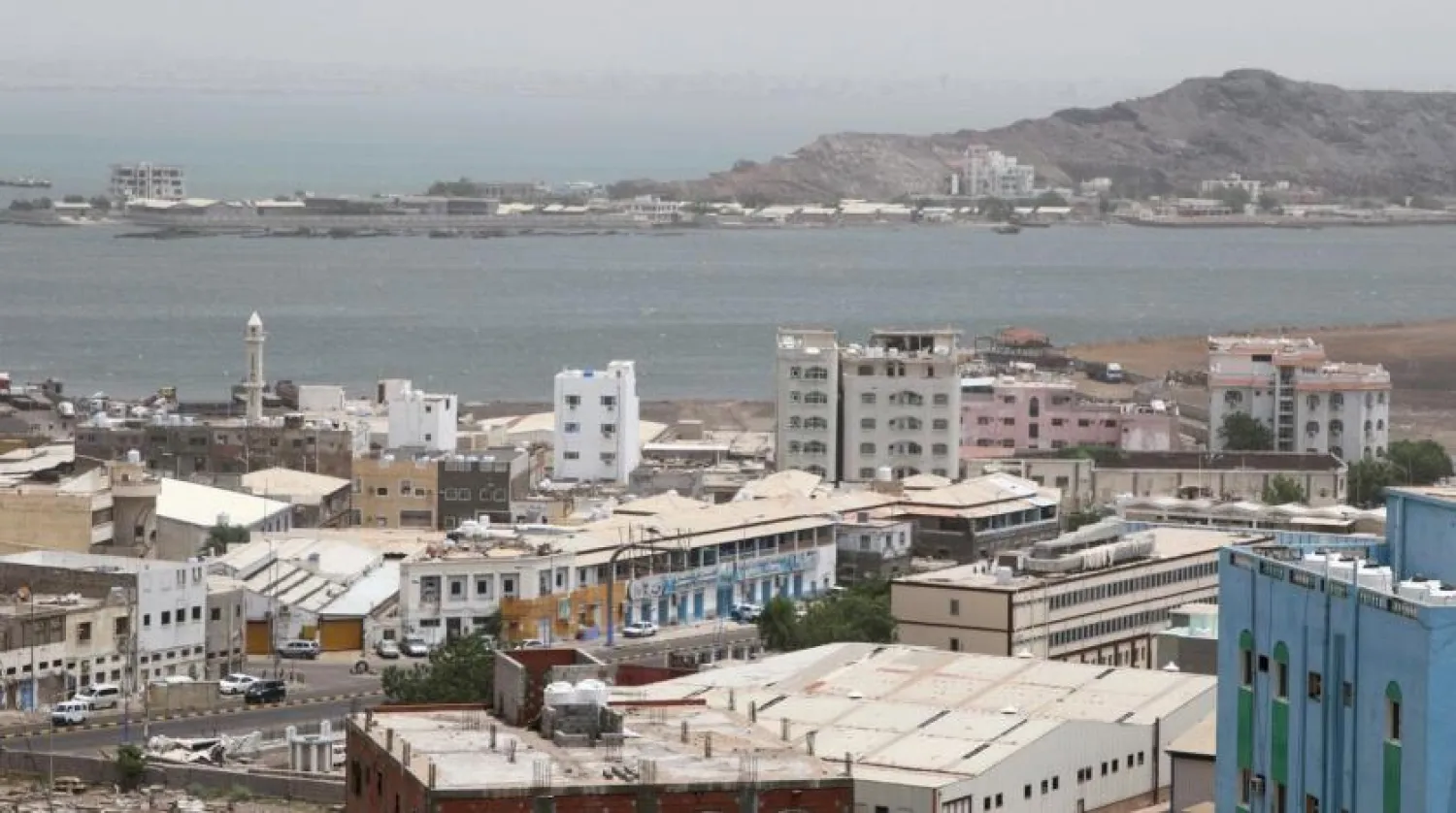The European Union and Sweden have contributed new funding totaling $49.37 million to boost resilience, livelihoods, food security and climate adaptation in Yemen.
The new agreement supports the third phase of the Supporting Resilient Livelihoods, Food Security and Climate Adaptation in Yemen - Joint Program (ERRY III) and covers a three-year period, starting in March 2022.
The program aims to reduce vulnerability and bolster resilience of crisis-affected communities by creating sustainable livelihoods as well as improving resilience, food security and access to basic services in five vulnerable governorates in Yemen, namely Hajjah, Hodeidah, Lahj, Abyan and Taiz.
It will specifically target the most vulnerable community groups, including women, the unemployed, youth, marginalized minority groups, internally displaced persons (IDPs) and stressed host communities.
“The EU believes in the future of Yemen and in the ability of Yemenis to build resilience and pathways towards sustainable development even during the ongoing conflict,” said the EU Ambassador to Yemen, Gabriel Munuera Vinals.
He added that with the additional funding, the EU contributes to investing in Yemen’s future while supporting citizens to address immediate challenges.
The program will potentially reach nearly 847,000 direct beneficiaries and will be implemented jointly by the United Nations Development Program (UNDP), the Food and Agriculture Organization of the United Nations (FAO), the International Labor Organization (ILO), and the World Food Program (WFP).
“Through ERRY III, the EU will work with UNDP, FAO, ILO, and WFP so that women, youth, and men have enhanced opportunities to access sustainable livelihoods and job opportunities through climate sensitive programing,” Vinals noted.
Considering the social and cultural barriers rural women face in Yemen, the ERRY III activities will also focus on strengthening women’s economic empowerment, including women at all stages of implementation, and addressing the specific needs and opportunities for women.
According to a UN report, the new phase of the ERRY joint program builds upon the success of Phase II, a successful three-year program that was also funded by EU and the Swedish International Development Cooperation Agency (Sida).
The program significantly enhanced resilience, food security, and livelihood for over 740,000 vulnerable people in the five targeted governorates.
“These services are critical to reduce vulnerability and strengthened resilience of crisis affected rural communities in Yemen through the creation of sustainable livelihoods and improving access to basic services,” explains Auke Lootsma, UNDP Resident Representative in Yemen.









